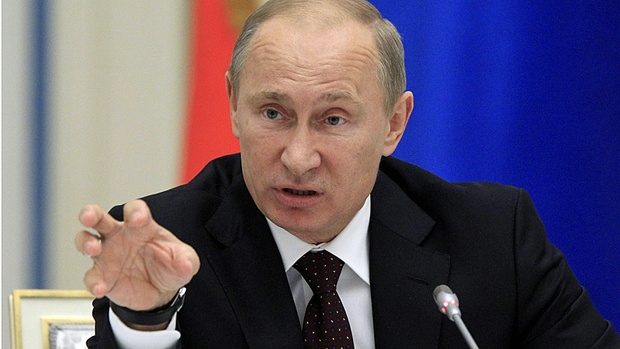Giuseppe Sandro Mela.
2017-08-16.
Il problema della Libia è politico: cercare di comprenderlo argomentando solo in termini economici sarebbe fuorviante.
Così come sarebbe fuorviante cercare di tenersi aggiornati leggendo solo i media occidentali liberal democratici. Alla fine poi ci si scontra con la realtà.
«Sarraj, who was appointed last year to lead the new government of national accord, has been unable to assert his authority outside Tripoli. Haftar’s rival administration is based in Libya’s remote east.»
*
«The two rivals agreed a cease-fire at talks in France last month and committed to holding elections, a plan which was endorsed by the UN Security Council.»
*
«Russian Foreign Minister Sergei Lavrov on Monday backed the efforts of Libya’s military commander Khalifa Haftar and his rival UN-backed Prime Minister Fayez Al-Sarraj to reach a peace agreement in the conflict-ridden country.»
*
«We actively support the emerging trend to step up the process of political resolution, toward a full restoration of statehood in your country» [Mr Lavrov]
*
«We know about your efforts, together with Sarraj, aimed at achieving a generally accepted agreement on optimal ways to execute the Skhirat political agreement that would be acceptable for everyone» [Mr Lavrov]
*
«Lavrov emphasised the UN’s role in the peace process, adding that the new UN special envoy to Libya, Ghassan Salame, who started work this month, was also due in Moscow.»
* * * * * * *
L’attuale situazioni in Libia è stata determinata da un accordo internazionale tra molte potenze politiche, economiche e militari: alcune grandi, altre piccole, altre infine utili solo come comparse, a scopo di propaganda.
Dai tempi della “primavera araba” ad oggi è passato molto tempo ed il quadro geopolitico e militare è mutato in modo sostanziale.
Se lodiamo l’iniziativa di pace patrocinata da Mr Marcon, che pure qualche frutto lo ha portato, si dovrebbe constatare come la Francia singola non abbia la forza di proporre, ed anche imporre, una pace reale in tale landa agendo da sola. Stesso ragionamento per la Germania e per l’Unione Europea.
Se ci si rende conto che Mr Macron abbia agito anche per scopi di visibilità e di politica interna, cercando di ritagliarsi un ruolo anche nell’ambito della Unione Europea, si constata anche il suo sostanziale insuccesso.
Cercare di agire in modo solitario è affare oramai fuori dal tempo, specie poi nel problema libico. Per Mr Macron è stata la sconfitta che riconosce la sua reale impotenza.
La soluzione del problema libico passa attraverso le Nazioni Unite, e solo ed esclusivamente con un accordo delle tre superpotenze mondiali: America, Russia e Cina. Sentiti sicuramente pareri ed ascoltati gli interessi anche degli attori mediorientali, ma non necessariamente le istanze dell’Unione Europea o di singoli stati dell’Unione.
In ogni caso, senza accordo anche e soprattutto con la Russia non si può ottenere nulla.
E Mr Lavrov ha messo il dito sul punto cardine:
«political agreement that would be acceptable for everyone»
